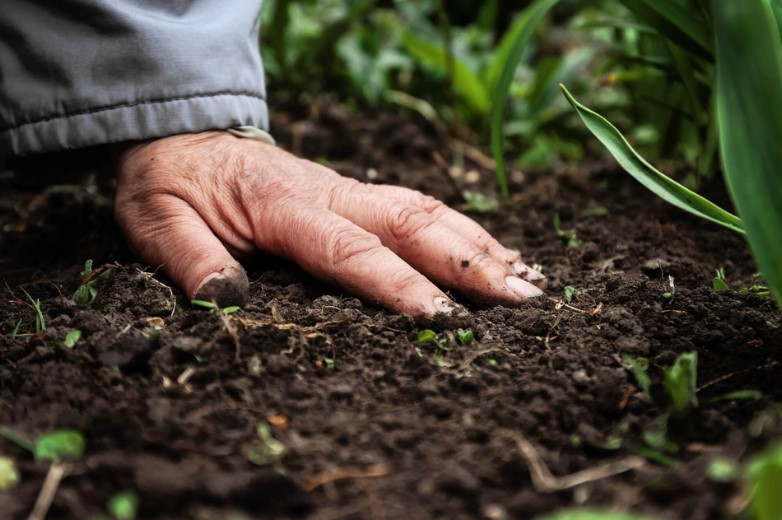
Fertilizers are substances that are distributed on the soil to help crops grow quickly and increase their yield. They have an important use in agriculture, both for small family farms and large farms. Here are three facts about fertilizers.
1. They Replace Soil Nutrients
When crops are planted in a field, the plants take the nutrients out of the soil for their own use. Fertilizers help replace the soil’s lost nutrients, which would take a long time to replace naturally. These nutrients include phosphorus, nitrogen, magnesium, chlorine, zinc, and copper, among others. These ingredients are often mixed together with a ribbon blender in a factory before being transported to a farm and deposited on a field.
2. They Differ From Pesticides
Pesticides are another common substance used in agriculture, but they are not the same as fertilizers. The purpose of pesticides is to discourage pests that carry diseases from coming into a field and eating crops, or spreading diseases among those crops. These pests may range from rats and mice to smaller insects such as mosquitos and ticks. The very best fertilizer will not do much good if animals are destroying the growing plants. Unlike pesticides, fertilizers assist with crop growth and have little if any effect on pests.
3. Plants Are Not Altered by Fertilizers
The use of fertilizers does not change the DNA structure of the fruits and vegetables that you eat. While they assist with the growth of plants by providing them with nutrients, the foods grown with fertilizers are essentially the same as foods that are grown without them. However, it is always important to wash your fruits and vegetables after you bring them home, simply because of how many people handle them on their journey from the farm to the store.
Consider these three facts the next time you cook with fresh fruits or vegetables.
